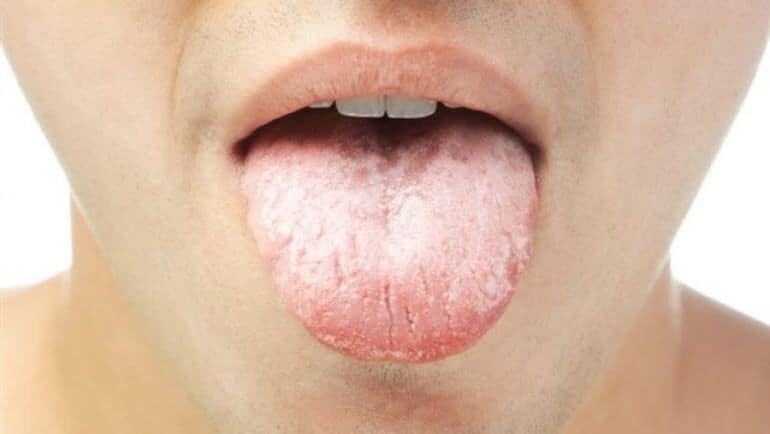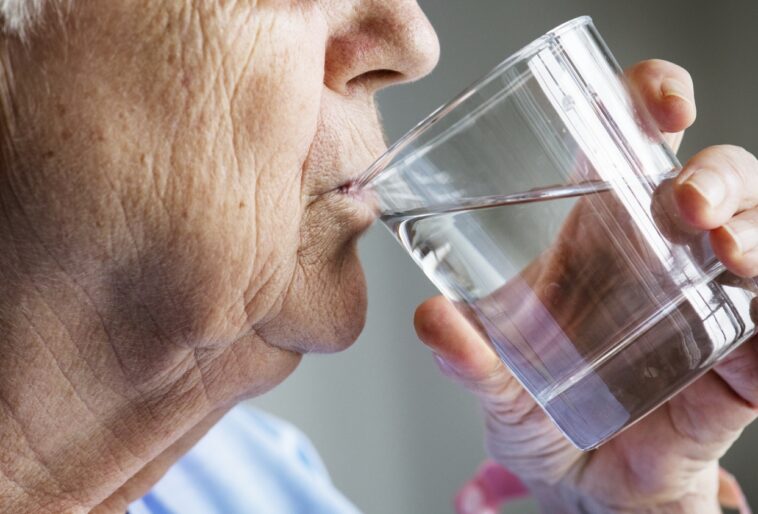Saliva is a natural mouth lubricant that not only serves to keep our mouths clean but also assists in the digestion of food. Additionally, because it helps to keep oral bacteria and fungus under control, saliva plays a role in the prevention of illness. The disorder known as xerostomia occurs when an individual does not produce sufficient saliva, which causes their mouth to become dry and painful.
What Causes Xerostomia?
An unpleasant drug reaction, problems associated to ageing, or radiation treatment for cancer are major causes of dry mouth, according to Dr. Bimarjeet Pradhan, an ENT at Mediassist ENT Hospital in Jamshedpur. He made this revelation during an interview with HT Lifestyle. To combat Xerostomia, often known as dry mouth, there are a number of therapy alternatives available, which is a fortunate development. When asked about what causes dry mouth, also known as xerostomia, he mentioned the following:

1. The side effect of specific drugs or medications: Many prescription and over-the-counter medications, such as those for obesity, acne, epilepsy, hypertension (diuretics), diarrhoea, nausea, psychotic disorders, urinary incontinence, asthma (certain bronchodilators), Parkinson’s disease, and antihistamines and decongestants can cause side effects which can lead to dry mouth.
2. The side effect of medical treatments: Damage to the salivary glands can lessen the amount of saliva produced. For instance, the damage could result from radiation to the neck and head as well as chemotherapy treatments for cancer.
3. The side effect of specific diseases and infections: Xerostomia can also be a side effect of medical conditions, including HIV/AIDS, Sjögren’s syndrome, Alzheimer’s disease, anaemia, cystic fibrosis, diabetes, rheumatoid arthritis, hypertension, stroke, Parkinson’s disease and mumps.
4. Nerve damage: Dry mouth or Xerostomia can also occur due to nerve damage to the neck and head area from surgery or injury.
5. Lifestyle: The amount of saliva an individual produces might be impacted by smoking or chewing tobacco, which will worsen dry mouth. Frequently opening the mouth while breathing can also be problematic.
Symptoms of Xerostomia
According to Dr Bimarjeet Pradhan, some of the common symptoms of the condition include:
- Frequent thirst
- A dry, sticky feeling in the mouth
- Sores in the mouth
- A tingling or burning sensation in the mouth, especially on the tongue
- A dry feeling in the throat
- A dry, red, raw tongue
- Problems speaking
- Trouble chewing, tasting and swallowing
- Hoarseness
- Sore throat
- Dry nasal passages
- Bad breath
Also read: India’s first frozen-lake marathon in Ladakh.
Treatment options available
Dr Bimarjeet Pradhan revealed that the treatment for the symptoms of Xerostomia typically includes 4 areas:
1. Enhancing the flow of saliva
2. Replacing lost secretions
3. Taking care of dental cavities
4. Adopting certain measures, such as treating infections
He stated that people who suffer from dry mouth could benefit from the doctor recommending an oral rinse to replenish the moisture in their mouths. Rinses and sprays containing these ingredients can be purchased without a prescription at most drugstores. In addition, there are toothpastes, moisturising gels, and mouthwashes designed specifically for people who have dry mouth. It is usually a good idea to get your dentist or your doctor’s opinion on them.”
He continued by saying, “If all of that does not help, the doctor may also prescribe a drug that stimulates saliva production called E-Saliva Plus Mouth Spray from Entod Pharmaceutical.” It is also useful against allergic reactions, gum disorders, gingivitis, bad breath, plaque, and other ailments, in addition to its use in treating dry mouth. Additionally, it aids in the prevention of allergic reactions. Finally, researchers are beginning to investigate potentially useful new treatments. Both the restoration of injured salivary glands and the development of an artificial salivary gland that may be transplanted into the body are currently being researched and developed by scientists.




